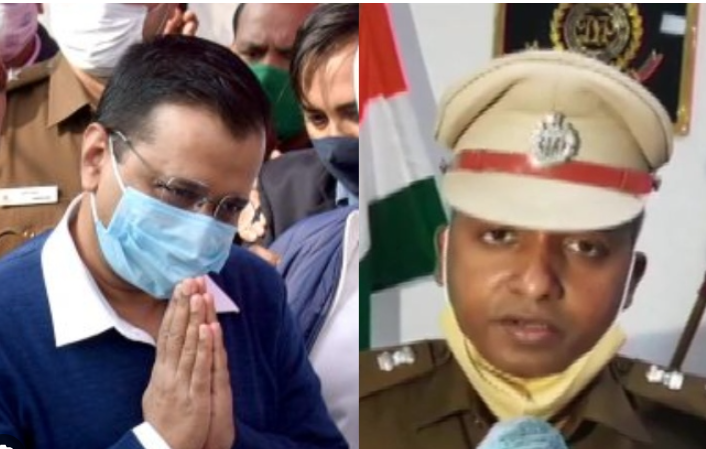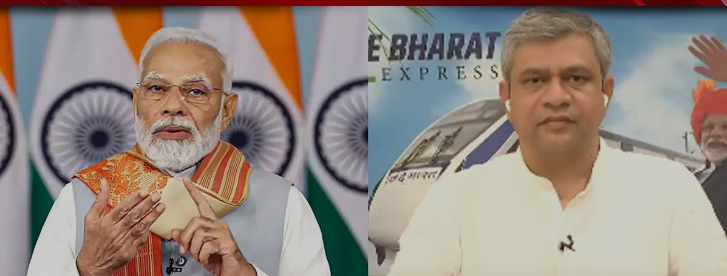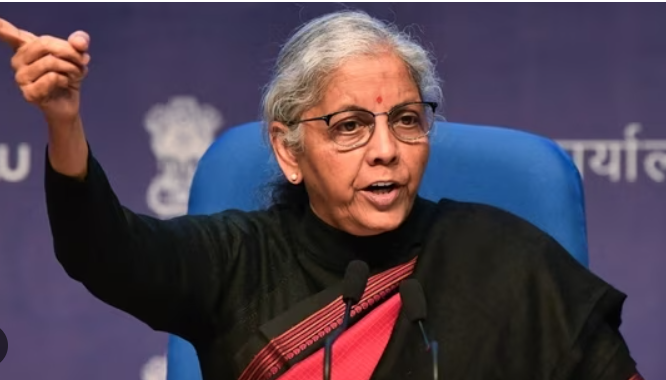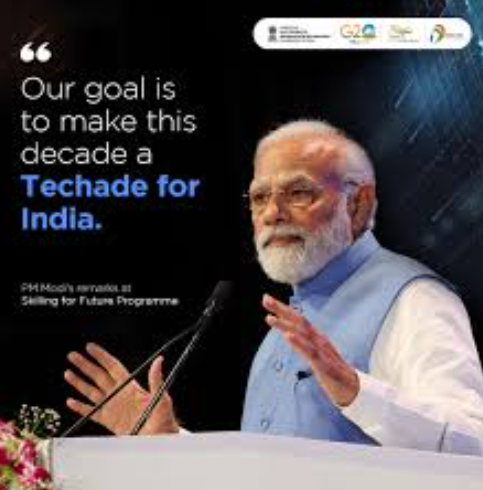
- The recent arrest of Delhi Chief Minister Arvind Kejriwal by the Enforcement Directorate (ED) in connection with a liquor policy scam has sent shockwaves through the political landscape of the capital city. Kejriwal’s arrest follows a lengthy period of legal battles and investigations surrounding allegations of corruption and conspiracy.
- One of the pivotal events leading to Kejriwal’s arrest was a Delhi High Court order that denied him interim protection against arrest. Despite his efforts to seek legal recourse, the High Court’s decision left Kejriwal vulnerable to enforcement action by the ED.
- Prior to this, Kejriwal had reportedly received nine summonses from the ED, all of which he allegedly refused to adhere to, escalating the legal confrontation.
- The decision for Kejriwal’s custodial interrogation was also influenced by the arrest of another key figure allegedly involved in the scam. This individual, identified as K Kavita, is believed to have played a significant role in the conspiracy.
- The ED sought to confront Kejriwal with Kavita’s testimony and evidence gathered during their interrogation, prompting them to take Kejriwal into custody for further questioning.
- The ED’s actions have stirred controversy, with Kejriwal’s political party, the Aam Aadmi Party (AAP), accusing the ED of political vendetta. AAP officials argue that Kejriwal’s arrest conveniently coincides with upcoming elections and is an attempt to undermine the party’s political standing.
- However, the ED remains steadfast in its position, asserting confidence in the evidence gathered and its legal justification for Kejriwal’s arrest.
- Central to the allegations against Kejriwal is the accusation of his involvement in a conspiracy to siphon off funds from the Delhi exchequer. It is alleged that Kejriwal, along with Kavita and others, conspired to embezzle significant sums of money, amounting to at least 100 crores.
- The funds were purportedly diverted through illicit means, including money laundering, with the intention of financing political campaigns, particularly those of the AAP.
- The ED’s forthcoming court proceedings will shed more light on the specifics of the charges against Kejriwal. The agency aims to present compelling evidence linking Kejriwal to the conspiracy and elucidating his role in the alleged financial misconduct.
- Kejriwal’s arrest marks a significant development in the ongoing investigation into corruption within the political establishment, underscoring the importance of accountability and transparency in governance.







